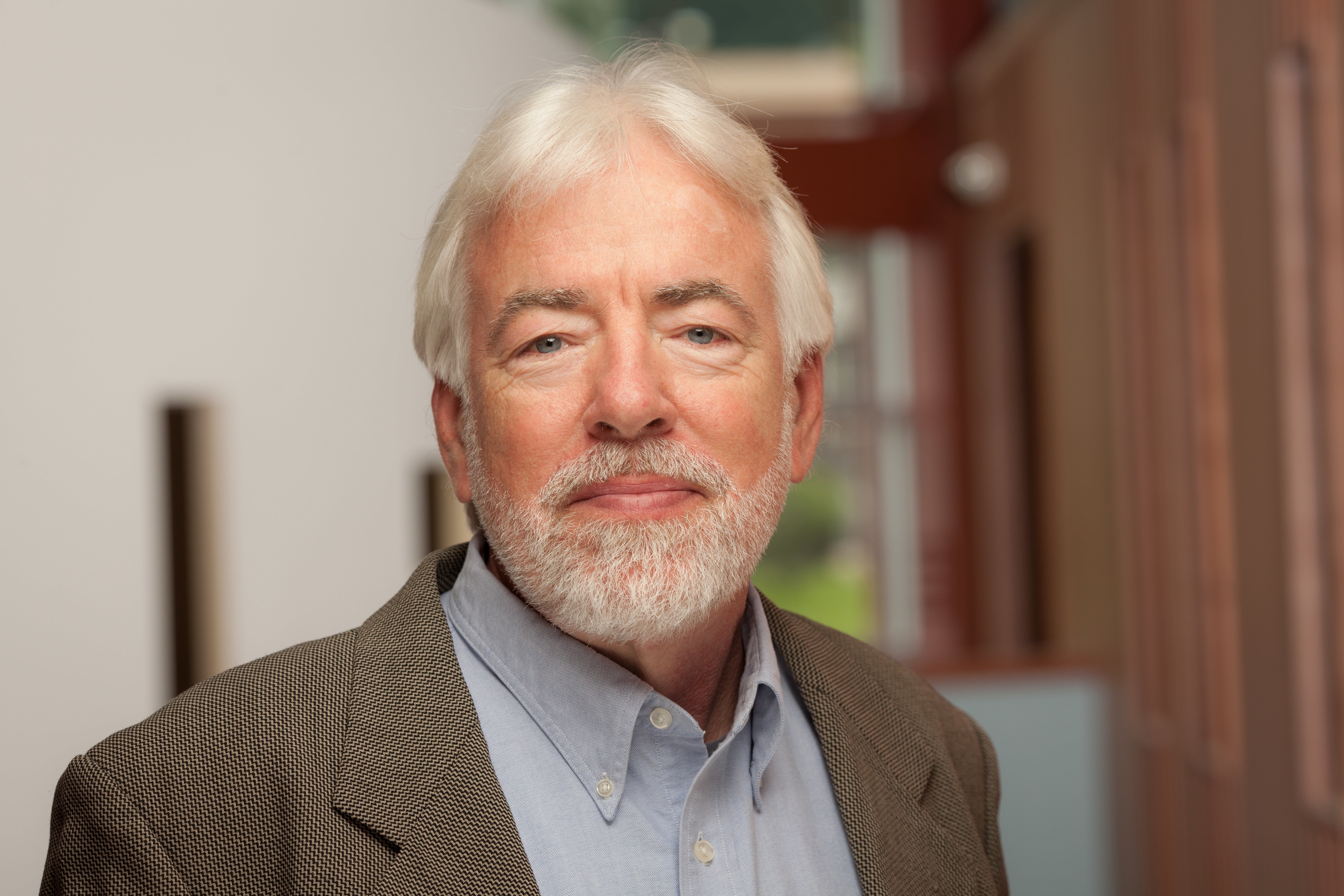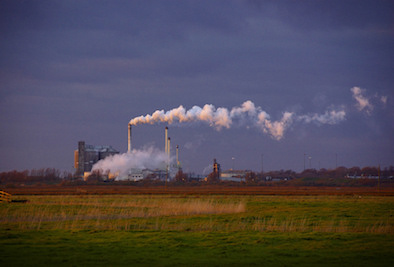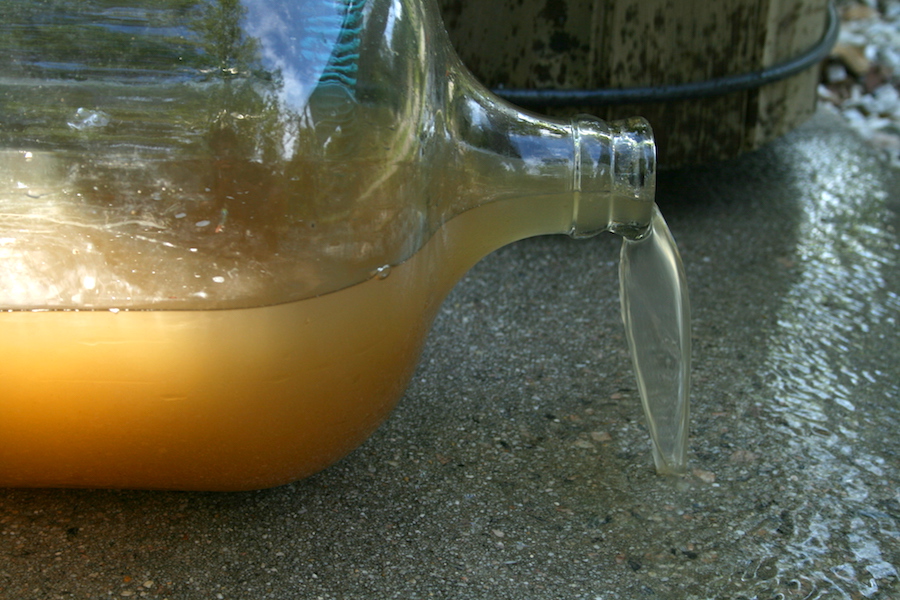James K. Boyce is an author, naturalist, economist, and senior fellow at the Political Economy Research Institute at the University of Massachusetts Amherst, where he is also Professor Emeritus of Economics.
Jim grew up in Michigan. He received his B.A. at Yale University and his doctorate from Oxford University.
He began his professional career as a development economist, after having lived and worked in India and Bangladesh prior to graduate school. As a Fulbright Scholar at the Universidad Nacional in Costa Rica, he helped establish a master’s program in sustainable development and ecological economics for Central America and the Caribbean. He led the Adjustment Toward Peace project for the United Nations Development Program in postwar El Salvador, and received a MacArthur Foundation fellowship for research and writing on the economics of peacebuilding.
He has written for Harper’s, Scientific American, Politico, The New York Times, The Los Angeles Times, and numerous scholarly journals, including Proceedings of the National Academy of Sciences, Ecological Economics, Environmental Research Letters, and Climatic Change.
Jim received the 2017 Leontief Prize for Advancing the Frontiers of Economic Thought and the 2011 Fair Sharing of the Common Heritage Award from Project Censored and the Media Freedom Foundation.
Read an interview about Jim’s career here.



